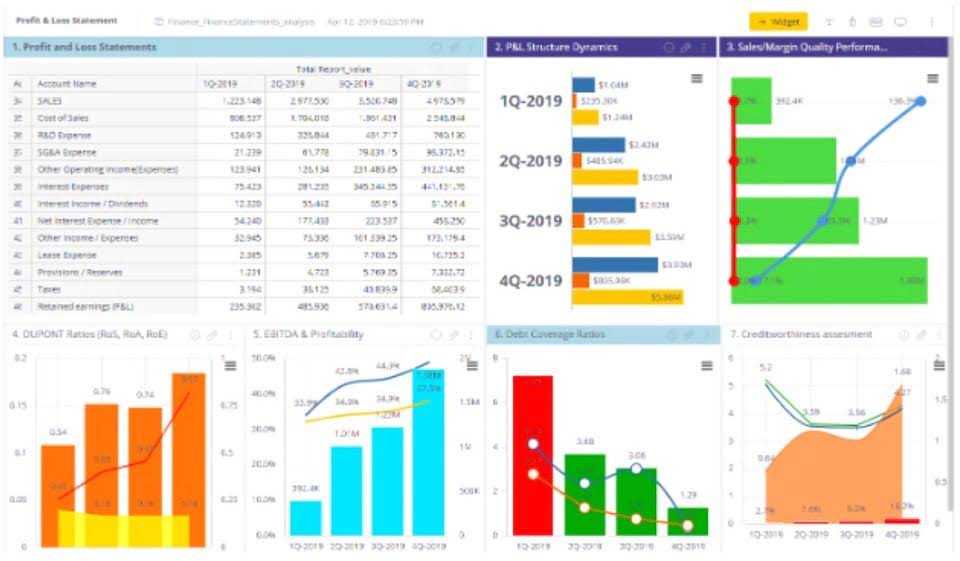On the FreshBooks platform, you can create invoices, utilize accounting tools, make payments, track expenses, and manage time tracking and project costs. Better yet, Freshbooks offers a variety of plans dedicated to businesses at every stage of their startup journey. You need accounting software that tracks the money moving in and out of your business, with both accounts payable and accounts receivable features. Some software solutions don’t include both accounts payable and accounts receivable information.
After 20 months of trying to raise funds, insurance startup Loop cuts staff
Want to learn a little more about bookkeeping and accounting before you dive into our top reviews? Answer some questions about your small business and we’ll pair you with customized software options. Sage Business Cloud is currently offering new customers 70% off for their first six months of Sage Accounting—which typically costs $25 a month.

Nonprofit Executes Record Month-End Close
Paro experts use proprietary, secure administrative tools to streamline their workflows, and your Paro team can help advise on how you can maintain security throughout your engagement. At Business.org, our research is meant to offer general product and service recommendations. We don’t guarantee that our suggestions will work best for each individual or business, so consider your unique needs when choosing products and services. Sure, QuickBooks could be the best software for your small business, or you might find its prices too high and its features too limited. Depending on what you need, another bookkeeping software pick like FreshBooks or Sage could be better for your business. Check out our list of the year’s best QuickBooks alternatives to get started.

What to Look for in a Startup Accounting Service Provider?
- In startups, accounting is the process of recording, classifying, reporting, and summarizing financial transactions to provide financial information to make business decisions.
- Our clients have secured over twelve billion dollars in seed and venture funding; close to three billion in the past year alone.
- Accounting for startups involves keeping accurate records of financial transactions and examining your finances to identify opportunities for growth and improvement.
- Tim is a Certified QuickBooks ProAdvisor as well as a CPA with 28 years of experience.
- If you’re searching for accounting software that’s user-friendly, full of smart features, and scales with your business, Quickbooks is a great option.
- The main advantage of upgrading to the Pro tier is that it supports unlimited users, which can be useful for small businesses or freelancers working with a team.
If you are using software, your statements will be added automatically when you create an invoice or make a payment. CEOs of early-stage companies have a tremendous number of things to accomplish. You juggle many hats and managing the books shouldn’t be one of them! Startup CEOs and founders don’t have time to proof their books, nor should they have to. We are familiar with early-stage companies’ business models, we understand the complexities (and importance) of issues like revenue recognition, ARR, capitalized vs. non-capitalized development costs and, more. You need to get the information you need to make decisions and to ensure the utmost of financial health.
Apple kills Pay Later feature ahead of Affirm integration
The best accounting software tools have a wide range of features and different recommended plans based on your number of employees. Some accounting software also includes bill pay and payroll software, so you can run payroll and manage other aspects of your business finances all in one place. Having the ability to prepare an accurate financial picture of an enterprise and keep records organized is essential for being a bookkeeper. As a bookkeeper, you will accounting and bookkeeping service for startups need to learn how to create balance sheets, invoices, cash flow statements, income statements, accounts receivable reports, and more. Although software and calculators do most of the math, basic skills such as addition, subtraction, multiplication, and division are essential to helping you catch errors quickly. Sage Business Cloud Accounting’s cheapest plan lets you create invoices, track amounts owed, and automatically reconcile your bank accounts.

At Kruze, we offer a monthly billing model for our bookkeeping services, enabling founders to effectively manage their burn rate without the pitfalls of large upfront payments and binding annual contracts. We’ll work with you until it makes sense for you to bring your finance and accountant team in house – and then we’ll even help interview candidates if you’d like! We hate to lose a client, but a “graduation” to an in- house team is part of the journey of a successful startup, and we’ll celebrate it with you. To choose our list of the best accounting software, our small business experts spent hours researching and testing some of the most popular solutions on the market. We started by examining subscription prices, plans and fees to determine which platforms offered the most value for the money.
Best for On-demand Reports
Then, we got to work testing some of the most important features, like invoicing tools, accounts payable and receivable management, payment reminders, support for contractors and financial reporting. We also looked for platforms that were customizable, enabling users to adjust dashboards to present the most important information at a glance. Finally, we considered customer reviews and how users’ real-life experience lined up with our research. There are several accounting and bookkeeping software solutions that are commonly used by service providers for startups, including QuickBooks, Xero, Wave, and FreshBooks.
- You juggle many hats and managing the books shouldn’t be one of them!
- For the regular price of just $13 a month, Xero lets you send custom invoices, reconcile bank transactions, capture receipts for easier record keeping, and track inventory.
- There’s no one-size-fits-all small business accounting software; each program has its benefits and drawbacks, especially in terms of features.
- Imagine your startup as a rocket, preparing for a journey to the stars.
- Xero, for instance, charges $13 for its most basic plan while FreshBooks starts at $15.
- Together we’ve created an all-in-one back office solution for VC backed startups.
Finaloop’s solution is a platform that uses automation in the background to track transactions covering three different functions in one. Decagon is a generative AI platform that https://www.bookstime.com/ automates various aspects of customer support channels. In contrast, Cran said AccountsIQ positions itself as the platform that businesses will move to as they scale up.
Our team makes sure you are ready to fly through your next VC’s accounting, HR and tax due diligence. And when you use us as your bookkeeper, we set up and keep up-to-date a due diligence folder so you can get that next round of fundraising. Even unprofitable startups can get up to $500,000 back for their payroll taxes with the R&D tax credit – estimate your startups tax credit now. Our clients are saving over $25 million in payroll taxes this year due to our tax team’s R&D tax credit work. I had an excellent experience working with the team at Kruze – from seed funding through acquisition of my company.

